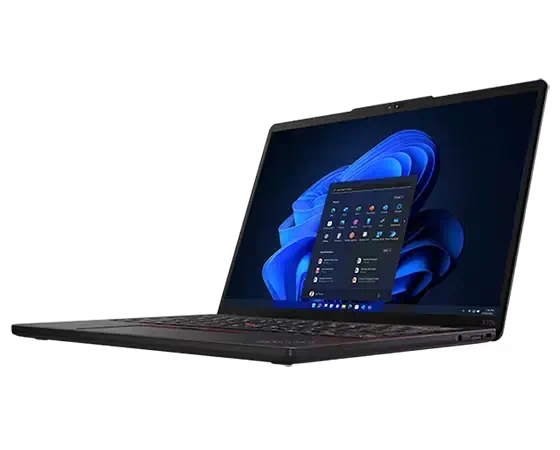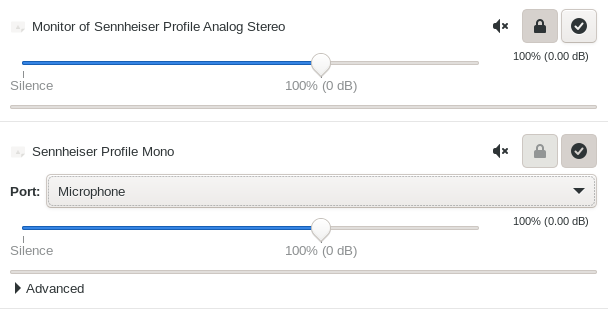Lenovo Thinkpad X13s - day 5
Now with the nvme working I was able to get down to work. Installed debian following the linaro guide and updated to current stable (bookworm). The only difference from the guide is that it never asked me about installing grub which is strange. Also had to check every single partition to find the efi files in the efi shell to insert debian as the first item.
At this point video acceleration, bluetooth and sound did not work. Also the system clock was getting reset every boot. There's a script to install more firmware and other things but it broke the system for me becaus it updated to sid without my approval. So had to reinstall it.
This time around I decided to try converting to devuan after installing all the updates. Unfortunately I ran the commands in the wrong order by accident and ended up with a dead system. Reinstall again.
Finally this time I followed the guide correctly but it was not as simple as they made it sound. The upgrade refused to proceed smoothly as there was a package conflicting with some systemd files. Apparently it's possible to tell dpkg to ignore that and overwrite but the method for passing that argument via apt is ridiculous:
apt-get -o Dpkg::Options::="--force-overwrite" install $PACKAGE
That was not enough however, as now systemd refused to be removed because it's the currently running init system. That required editing out the check... somewhere. I can't quite remember where it was now but just google around for the error message when you get it.
At this point network manager died and apt install -f was failing because it needed to download some more packages. Ended up manually connecting to wifi with wpa_supplicant and dhclient. This allowed the conversion to finally complete and... after a reboot it actually worked, surprisingly enough. Although clock at this point stopped resetting to July 2022 and now reset to 1970 for some reason on every boot. Also the battery daemon did not start on its own because it's only meant to work with systemd.
Manually and selectivelly executing the linaro upgrade script did not allow me get audio or hardware acceleration going.
Honestly this has become too troublesome and I think I will end up just using vanilla debian for the time being. Until the hardware is better supported it's best to stick to what others have tried.
I will continue reinstalling and testing for now. I ordered a new 1TB SSD to put in here so that my final setup will be a LUKS secured OS with no windows in sight. The stock SSD will only be used to boot windows and update the bios once a year. Hopefully I can get the system in mostly working order by the time I need to travel abroad.


